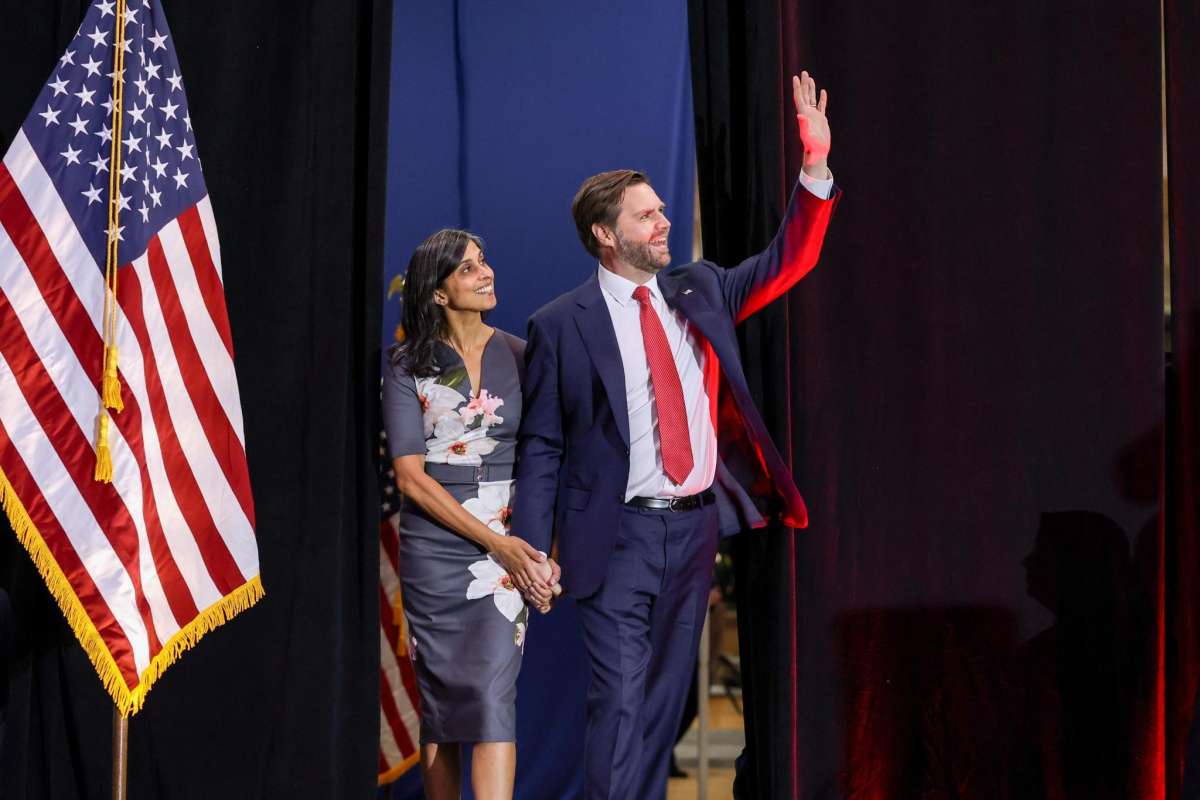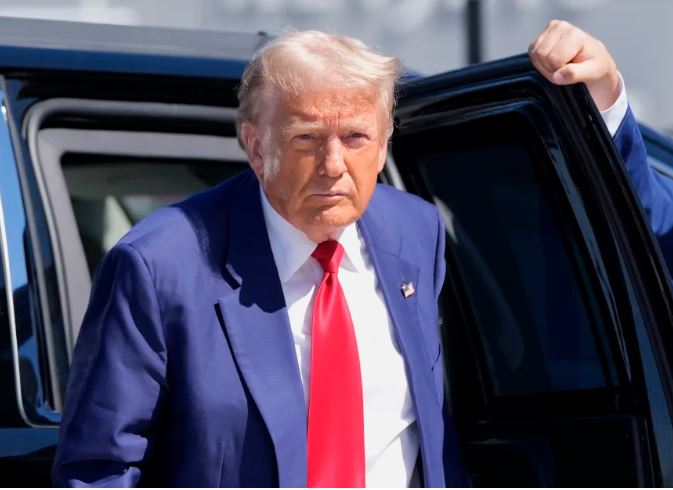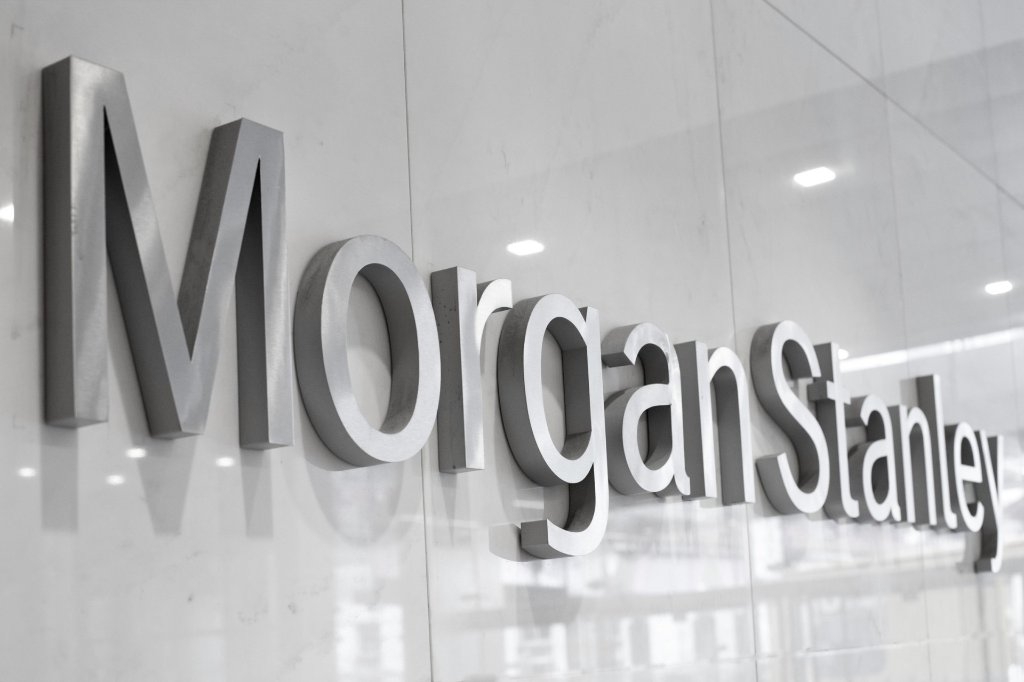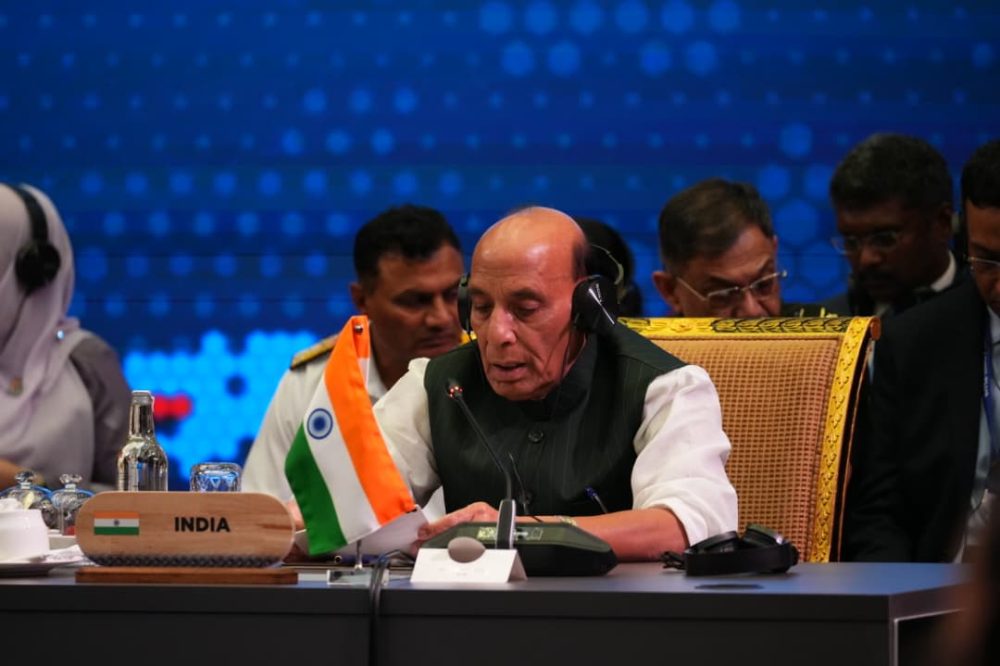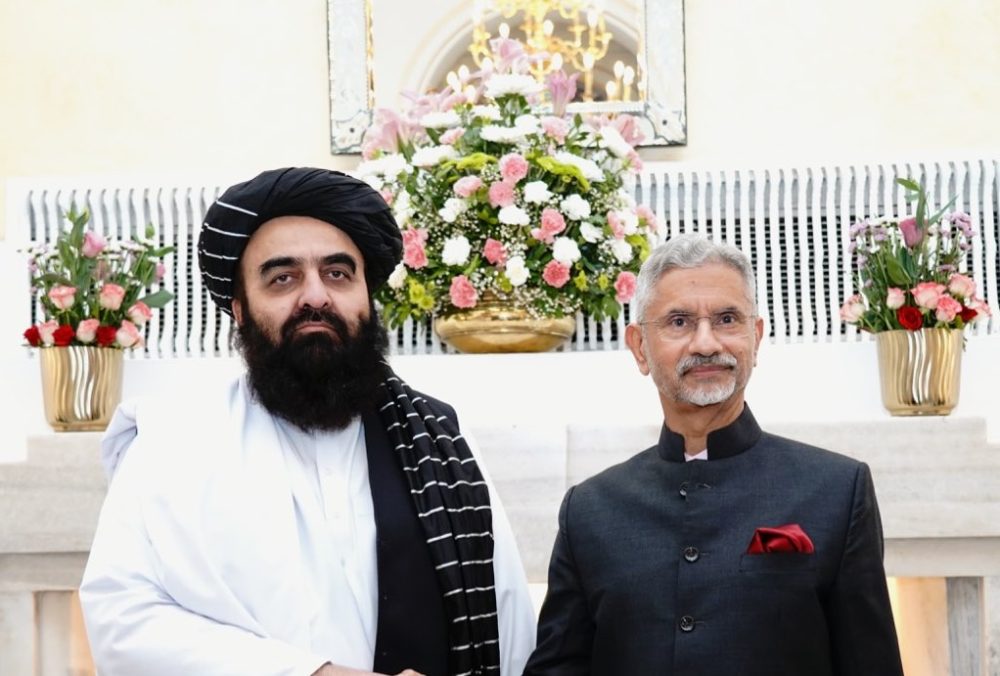The deal will catalyse $100 billion in financing and other support in addition to deploying 100 new gigawatts (GW) of clean energy around the world by 2035…reports Asian Lite News
The UAE and US have signed a comprehensive strategic partnership agreement to accelerate the energy transition, advance shared climate goals and strengthen global energy security.
The UAE-US Partnership for Accelerating Clean Energy (PACE), which will catalyse US$100 billion in financing and other support in addition to deploying 100 new gigawatts (GW) of clean energy in the US, UAE and emerging economies around the world by 2035.
UAE Minister of Industry and Advanced Technology and Special Envoy for Climate Change Dr. Sultan Al Jaber and Special Presidential Coordinator Amos Hochstein signed the Partnership on behalf of the UAE and the US.
The signing ceremony took place at ADIPEC, a global platform that brings together leaders and pioneers of the global energy sector to discuss energy security and ensure adequate and sustainable supply of energy at appropriate costs.
At the event the UAE and US reaffirmed their shared commitment to enhancing climate ambition and climate action, in line with their net zero 2050 goals.
Looking ahead to COP27 in Egypt next month and to COP28 in the UAE next year, both countries will work together to advance their shared view that the fastest and most reliable pathway to achieve net zero will require accelerating investment in clean energy technology and resources.
Both countries recognised that a rapid, sustainable and well-managed energy transition is critical to successful climate action, as well as to enhancing global energy security and affordability.
Building on five decades of energy cooperation and partnership, the UAE and US have established PACE to promote practical initiatives and promising technologies that can quicken the energy transition.

It will assemble and stimulate private and public sector funding and support across four priority areas: Clean energy innovation, financing, deployment and supply chains; Carbon and methane management; Advanced reactors, including Small Modular Reactors (SMRs); and industrial and transport decarbonisation.
“The energy transition needs a realistic, practical and economically viable plan to deliver climate progress together with energy security and inclusive economic growth,” said Dr. Al Jaber.
“The UAE-US Partnership for Accelerating Clean Energy will enable climate action while enhancing global energy security and affordability for the people of the UAE, the US and nations around the world.”
Amos Hochstein commented, “The US-UAE close and strategic alliance will now join forces to accelerate the global energy transition to a cleaner and more sustainable future. PACE is testament to the deep commitment our countries share to urgently address the climate crisis – as quickly as possible.”
He added, “Together, we will spur large-scale investment in new energy technologies, in our own countries, around the world and in emerging economies. PACE will help deliver a safe and reliable global energy system that can cleanly power the world for generations to come.”
The UAE, a global leader in the energy transition, has invested more than US$50 billion over the past ten years in clean energy technologies and solutions around the world, building three of the largest and lowest-cost solar projects in the world.
With a focus on elevating global climate action and ensuring a just transition, PACE aims to unlock joint investment and opportunities in emerging economies. As part of the initiative, the two nations will seek to provide technical, project management and funding assistance for commercially and environmentally sustainable energy projects in third counties.
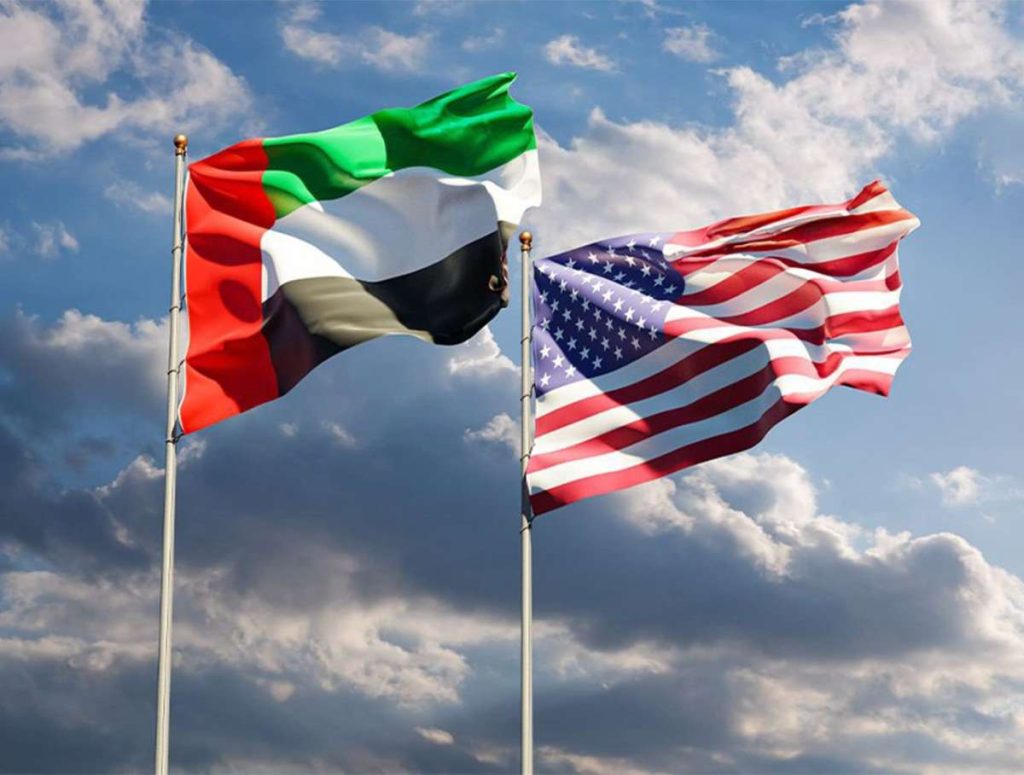
Four pillars of PACE
• Develop, finance and deploy clean energy projects in the US, UAE and third countries; invest in responsible and resilient supply chains; and promote investment in green mining, production and processing of minerals and materials that are vital to the energy transition.
• Accelerate investment in fossil fuel emissions mitigation; further develop CCUS technologies; and advance methane measurement and management, including enhancing domestic methane reduction programmes.
• Engage in the areas of advanced reactors, including Small Modular Reactors (SMRs), and to promote nuclear power as a clean energy solution to drive decarbonisation in the power sector as well as hard-to-abate sectors beyond electricity—for example, by producing cost-competitive, low-carbon applications to produce hydrogen, industrial process heat, and desalinated water that meet decarbonisation goals, air quality standards, and clean water needs.
• Encourage concrete investment and collaboration toward decarbonisation across all industrial sectors by 2030; scale up clean fuels in long-distance transport sectors such as aviation and shipping; and promote electrification and energy efficiency as a key pathway to reducing emissions.



